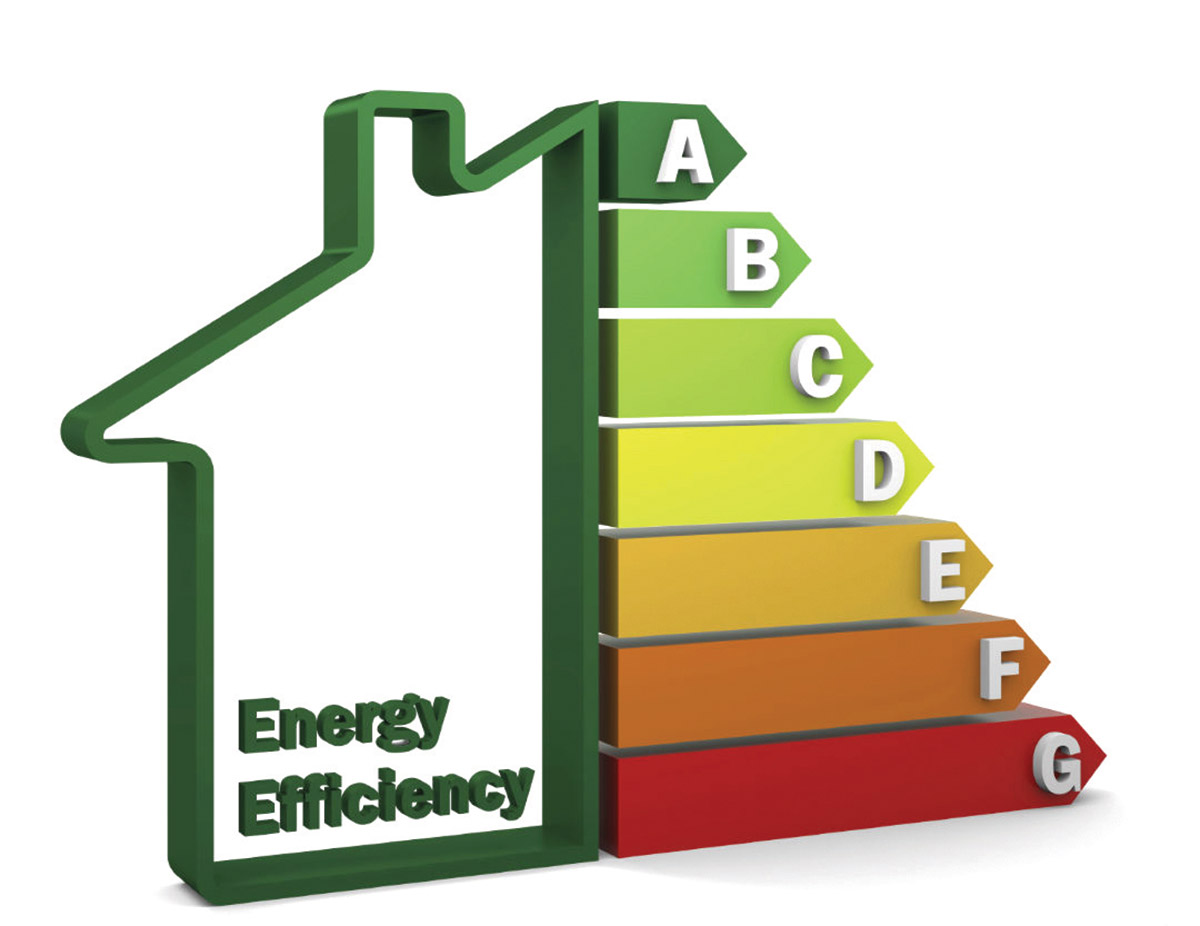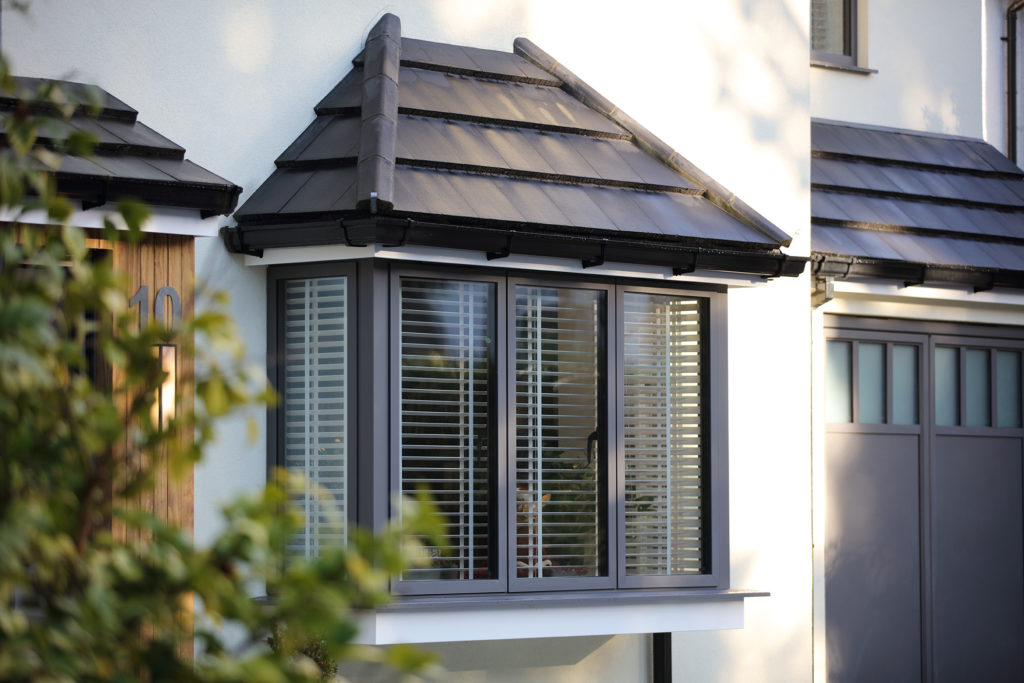As UK homeowners brace themselves for a 54 per cent increase in their energy bills from April 1st, John McComb, Technical Director at Reynaers Aluminium UK, discusses how the focus on thermal performance driven by new legislation couldn’t have come at a better time for consumers.
Media headlines are rife with discussion surrounding the UK’s rising cost of living, as inflation reaches a 30-year high of 6.3 per cent. The most cited aspect of this has been the decision to raise the energy price cap, driven largely by a surge in natural gas prices leading to an increase of 54 per cent, a far sharper hike than the previous increase announced by Ofcom in October 2021.
It is estimated this hike will affect around twenty-two million customers with energy bills set to rise by £693 per year for the average home because of the raise.
While homeowners continue to invite more natural light into their property which requires more glass and less metal, it is now essential the balance is struck with thermal efficiency in mind. As a result, the whole construction approach is evolving to provide properties that are not only aesthetically better, but thermally improved too.
Fortunately, sustainability is already high on the agenda of the glazing industry, and at Reynaers in particular, who have been involved in the consultation process to agree the revisions being made to Part L of the Building Regulations which come into effect in June 2022. As part of the journey to Net Zero 2050, these changes to the Future Homes Legislation and Building regulations will lead to a reduction in U-values in 2022 and further major reductions in both 2025 and 2050.

U-values measure how effective a material is an insulator, the lower the U-value the easier it is to keep heat flow through building structures to a minimum. To achieve this, architects, installers, and fabricators must ensure that new buildings do not exceed a maximum CO2 emission rate. This will ensure that these properties are properly insulated and produce fewer carbon emissions.
Reynaers understands the impact these amendments will have, and has been working hard to ensure its products, including its most popular products such as the SL 68 and CP 130 are already fully compliant when the updated thermal regulations come into force.

Reynaers has also begun using green methods to produce some of its aluminium with fewer carbon emissions. Many products have the Cradle-to-Cradle Certification which supports the circular economy, EPD’S, and ISO 14001 and 50001 accreditations.
Ventilation, thermals, and acoustics have also been driving the glazing industry for a decade from a design point of view. As society is getting louder, residential settings are starting to pose a challenge for noise control. Reynaers has identified the need for balancing ventilation with acoustic performance and is already supplying innovative solutions including the Masterline SoftTone® window which provides natural ventilation in urban environments, with components which allow maximal ventilation, cooling, and filter out outdoor noise.
The glazing industry is adapting to the rapid changes taking place in society, and Reynaers has demonstrated it can provide innovative and sustainable systems that not only comply with legislation but create homes for people who don’t want to compromise on design.
Browse our energy-efficient product range here: https://www.reynaersathome.co.uk/products/
Discover more about the changes to Part L on our dedicated web page here: https://www.reynaers.co.uk/en-UK/PartL
Need professional advice on design, specification or installation?
We have a network of carefully selected Partners who will help guide you through your home transformation process.
